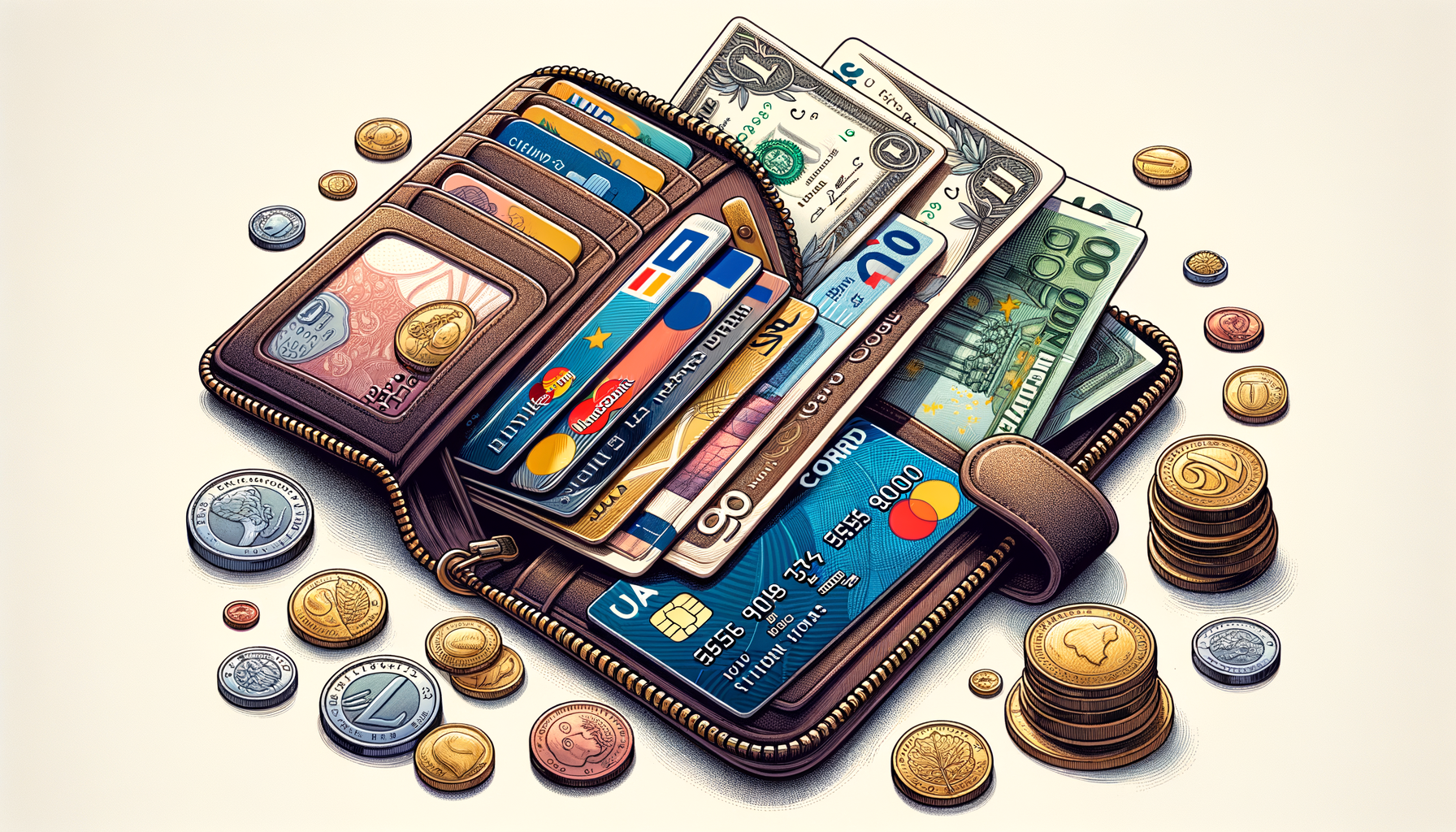When it comes to managing finances, individuals have a plethora of options to choose from. Two popular choices are personal loans and credit cards. Both are forms of borrowing money, but they differ in terms of key features, benefits, advantages, and considerations. Understanding the differences between these two options is crucial for making informed financial choices. In this article, we will examine the key features and benefits of personal loans, as well as the advantages and considerations of credit cards.
Understanding Personal Loans: Key Features and Benefits
Personal loans are a type of installment loan that allows individuals to borrow a fixed amount of money for a specific period of time. They are commonly used for large expenses such as home improvements, debt consolidation, or major purchases. One of the key features of personal loans is their fixed interest rate, which means the interest rate remains the same throughout the loan term. This provides borrowers with predictability and stability in their monthly payments, making it easier to budget and plan ahead.
Another benefit of personal loans is that they generally offer lower interest rates compared to credit cards. This makes them an attractive option for individuals with good credit scores who are looking to finance a significant expense. Additionally, personal loans have a defined repayment period, typically ranging from one to five years. This structured repayment schedule can help borrowers stay disciplined and focused on paying off their debt within a set timeframe.
Examining Credit Cards: Advantages and Considerations
Credit cards, on the other hand, offer a different set of advantages and considerations. One of the primary advantages of credit cards is the convenience and flexibility they provide. Unlike personal loans, credit cards allow users to make purchases up to a certain credit limit whenever and wherever they want. This can be particularly useful for smaller, everyday expenses that do not require a substantial amount of money.
Another advantage of credit cards is the potential to earn rewards and cashback on purchases. Many credit card companies offer reward programs that allow users to accumulate points or cashback on their spending, which can be redeemed for travel, merchandise, or statement credits. For financially responsible individuals who pay off their credit card balance in full each month, this can be a great way to earn extra benefits without incurring interest charges.
However, it is essential to consider the potential pitfalls of credit cards. One major consideration is the high-interest rates associated with carrying a balance. If users do not pay off their credit card balance in full each month, they can quickly accumulate debt with interest charges that may outweigh the benefits of rewards. Additionally, credit cards offer the temptation of impulse buying, which can lead to overspending and financial strain if not managed responsibly.
Personal loans and credit cards each have their own unique features, advantages, and considerations. Understanding these distinctions is vital for making informed financial choices. Personal loans provide stability, lower interest rates, and a structured repayment schedule, making them ideal for individuals with specific financial needs. Credit cards offer convenience, flexibility, and potential rewards, but require responsible usage to avoid high-interest debt. By carefully evaluating personal circumstances and financial goals, individuals can choose the option that aligns best with their needs and maximize their financial well-being.

